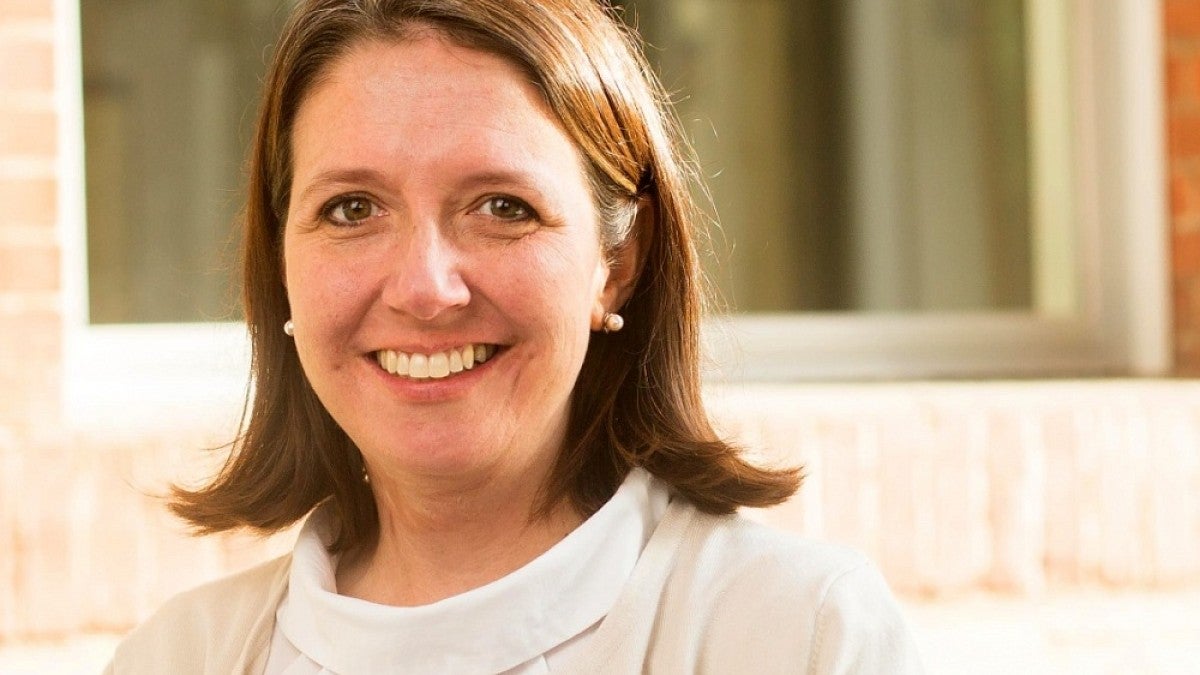Facebook’s harm may go beyond lost productivity, a UO professor says in an online article.
The social media site made headlines when it initially tried to censor a famous image of a young girl screaming out in pain from a napalm burn in Vietnam in 1972. Facebook has since reversed its decision.
However, Nicole Dahmen, associate professor of visual communication, suggests that issues around the company’s censorship are far from resolved and could cause users to repeat mistakes of the past. In an article on the website Quartz, which is owned by the publisher of The Atlantic, Dahmen says Facebook continues to manipulate users’ feeds with stories and images and censor history.
Sad images and stories can be used as teachable moments; stripping them away from public view, says Dahmen, does users a disservice.
“If our dominant communication channel guides us away from images, news and stories that could upset us or contradict our existing opinions, we risk forgetting our history and making the same grave mistakes again,” Dahmen writes. “And if we are exposed only to entertainment-driven and algorithm-dictated news, we risk the crumbling of our democracy.”
For the full story, see “Facebook has the disturbing power to rewrite our collective history” on Quartz.


